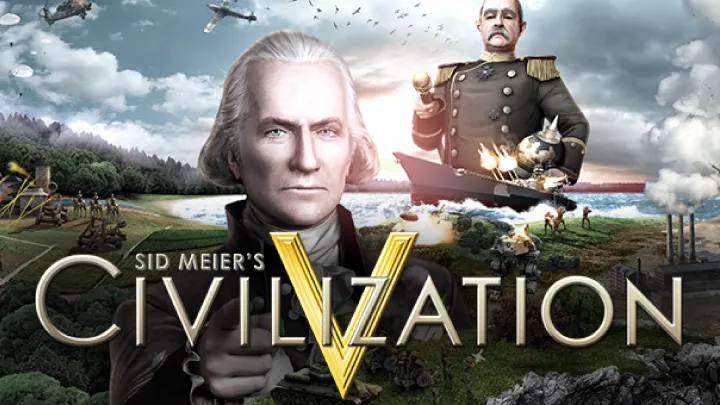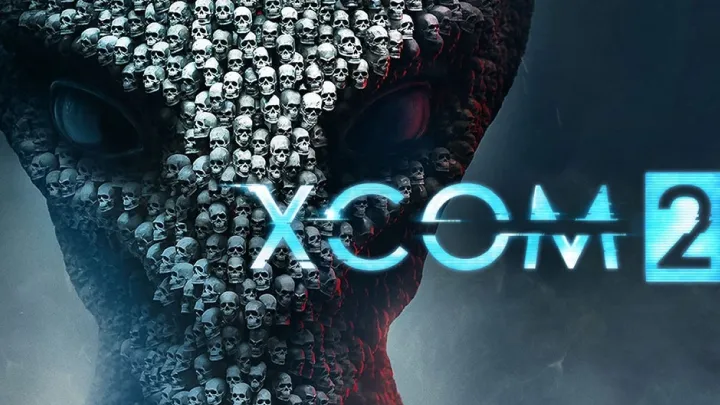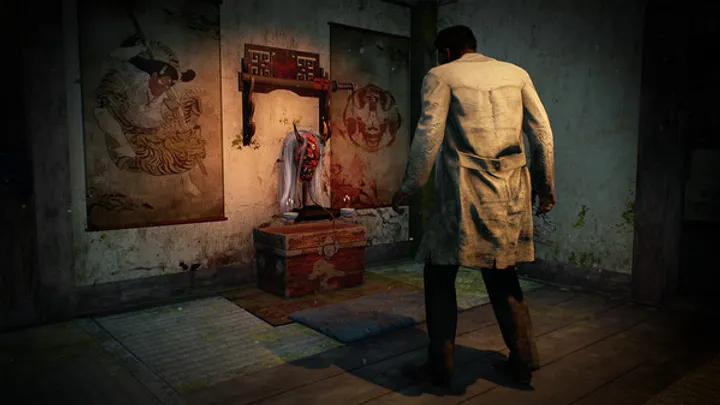Strategy games are more than just entertainment—they are training grounds for decision-making, problem-solving, and long-term thinking. From the dawn of PC gaming to modern esports, strategy titles have shaped how players compete, collaborate, and learn. Unlike shooters or RPGs, strategy games challenge the mind as much as reflexes, demanding careful planning and adaptability.
This article explores ten of the most influential strategy games that shaped generations, each leaving a mark on the gaming landscape and inspiring countless successors.
1. StarCraft – The Birth of Esports
Blizzard’s StarCraft (1998) revolutionized real-time strategy (RTS).
Why It Defined the Genre
- Balanced asymmetric factions (Terran, Zerg, Protoss).
- Deep competitive scene, especially in South Korea.
- Expanded storytelling in the sci-fi RTS space.
StarCraft didn’t just entertain—it laid the foundation for global esports.
2. Age of Empires II – Historical Warfare Perfected
Released in 1999, Age of Empires II remains one of the most beloved RTS games ever made.
Key Features
- Multiple civilizations with unique units.
- Blend of resource gathering, military strategy, and technology.
- Timeless gameplay that thrives even in Definitive Edition.
Its balance of accessibility and depth made it a gateway to strategy for millions.
3. Civilization Series – Building Empires Through the Ages
Sid Meier’s Civilization series (1991–present) defined the 4X genre: eXplore, eXpand, eXploit, eXterminate.
What Makes It Special
- Turn-based empire building across centuries.
- Victory conditions beyond war (culture, science, diplomacy).
- “One more turn” addiction.
Few games teach history and strategy while being endlessly replayable.
4. Warcraft III – Strategy Meets Storytelling
Before World of Warcraft, Blizzard mastered RTS storytelling with Warcraft III (2002).
Defining Aspects
- Deep campaign with iconic characters (Arthas, Thrall).
- Hero units combined RPG and RTS mechanics.
- Custom maps led to the creation of Defense of the Ancients (DotA).
It shaped not only RTS but also spawned the MOBA genre.
5. Command & Conquer – Real-Time Warfare Pioneer
Westwood Studios’ Command & Conquer (1995) brought fast-paced RTS battles to the mainstream.
Why It Stands Out
- Introduced real-time tactical control with cinematic flair.
- Memorable FMV cutscenes and factions like GDI vs. Nod.
- Spawned numerous sequels and spin-offs.
It was a pioneer that set the pace for competitive RTS gameplay.
6. Total War Series – Strategy on a Grand Scale
Creative Assembly’s Total War series (2000–present) combines empire management with real-time battles.
Highlights
- Turn-based empire building.
- Massive tactical battles with thousands of units.
- Historical settings from Rome to feudal Japan.
It offered scale and realism unmatched in strategy gaming.
7. XCOM – Tactical Depth and Permanent Consequences
The original X-COM: UFO Defense (1994) and its modern reboots (XCOM: Enemy Unknown, 2012) redefined tactical combat.
Core Elements
- Squad-based strategy with permadeath stakes.
- Base-building and resource management.
- Tension-filled battles with unpredictable outcomes.
Its influence can be seen in countless tactical RPGs today.
8. Dune II – The RTS Blueprint
Released in 1992, Dune II is often credited as the first true RTS.
Groundbreaking Features
- Resource harvesting and base construction.
- Distinct factions with unique strengths.
- Real-time unit control, setting the stage for future RTS games.
Without Dune II, franchises like StarCraft and C&C might not exist.
9. Heroes of Might and Magic III – Fantasy Turn-Based Masterpiece
The 1999 classic blended RPG and strategy elements seamlessly.
Notable Aspects
- Exploring magical worlds while managing armies.
- Memorable heroes, spells, and mythical units.
- Deep replay value with campaigns and skirmishes.
It remains a cult favorite for fans of fantasy strategy.
10. League of Legends – The Strategy MOBA Revolution
Riot’s League of Legends (2009) isn’t a traditional RTS, but its MOBA roots stem from Warcraft III.
Why It Shaped Generations
- Team-based strategic gameplay.
- Massive global esports scene.
- Constant updates and evolving meta.
It introduced strategy to millions in a competitive, accessible format.
Conclusion – The Legacy of Strategy Games
Strategy games are timeless because they mirror human challenges: leadership, resource management, and adaptability. From the foundations laid by Dune II and Command & Conquer to the global phenomenon of League of Legends, these titles didn’t just entertain—they educated and united players worldwide.
They shaped generations of thinkers, proving that games can be as mentally enriching as they are fun.

















